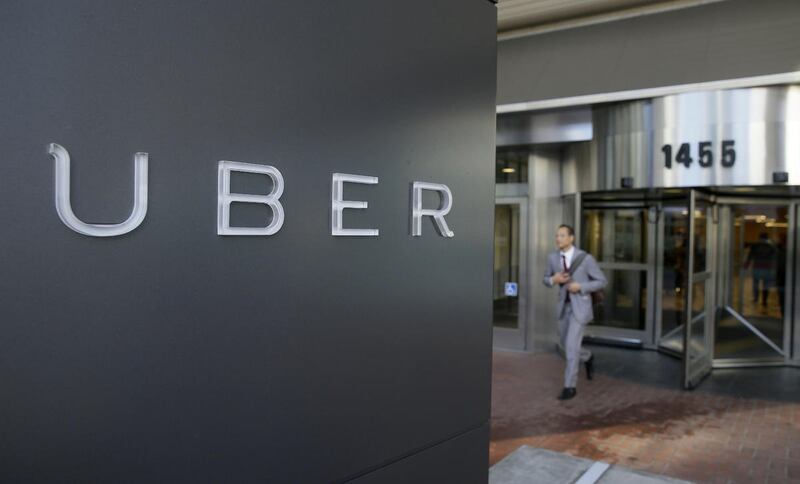Maria Jacobo had been working as a cleaning woman for years when she hit on a way to own her own cleaning company. CleanNet USA offered her a franchise for $10,000, for which she would receive accounts to clean offices, she told The Wall Street Journal.
But last year, she joined a lawsuit against the company that charges that it manages all aspects of the work of the "franchisers," including fees and communication with clients, effectively turning Jacobo and her fellows into employees of the firm — without offering minimum wage or overtime, which employers are normally obligated to give.
The "franchise" model is one of many tactics that have cropped up as employers find new ways to shift employees to independent contractors, according to the Journal report. Franchise models and limited liability companies can shield businesses from tax and labor laws, sometimes even as workers do the same jobs.
"We are seeing more creative ways to misclassify workers," said Patricia Smith, chief litigator at the U.S. Labor Department, in the Journal, referring to a case against construction companies in Arizona and Utah which found they were using phony LLCs.
Earlier this month, a San Francisco Uber driver brought a case in California alleging that she's an employee of Uber, not an independent contractor as the company claims. The California Labor Commission ruled in her favor, saying the company owed her $4,152 in expenses.
It's one of many recent high-profile cases that have questioned the boundaries of contract work versus employment.
“Uber has essentially shifted to its workers all the costs of running a business, the costs of owning a car, maintaining a car, paying for gas,” said Shannon Liss-Riordan, a Boston-based attorney who has a class-action case pending against Uber in California federal court, to Time.
“Uber has saved massive amounts. ... It’s important that the labor laws be enforced so that the companies can’t take advantage of workers that way."
In a statement to Time, an Uber spokeswoman said that status as independent contractors is part of the appeal for drivers. “It’s important to remember that the No. 1 reason drivers choose to use Uber is because they have complete flexibility and control,” she said. “The majority of them can and do choose to earn their living from multiple sources, including other ride-sharing companies."
In the case involving construction workers from Utah and Arizona, 1,000 construction workers were building homes as employees one day, and then a day later began working on the same sites as "owners of LLCs," but without any wage or safety protection. The firms in question were ordered to pay back hundreds of dollars in payroll taxes that they had avoided, as well as $700,000 in back wages.
The Labor Department is expected to release a statement on worker "misclassification" in the coming weeks, and sham LLCs and franchises will be of particular focus — especially ones that hire low-wage workers in exchange for franchise fees and essentially charge them to do their work.
"There are a lot of legitimate franchise forms," said David Weil, administrator of the Labor Department's Wage and Hour Division, to the Wall Street Journal. The trouble is that companies "abuse" the franchise model to avoid paying overtime, minimum wage and benefits and undercut competitors with more scruples.
"They can undermine responsible employers and take root in an industry," he said.
Email: laneanderson@deseretnews.com


